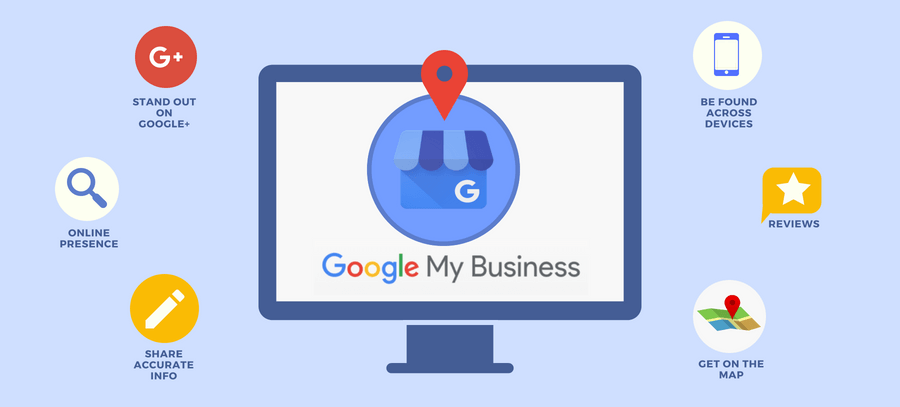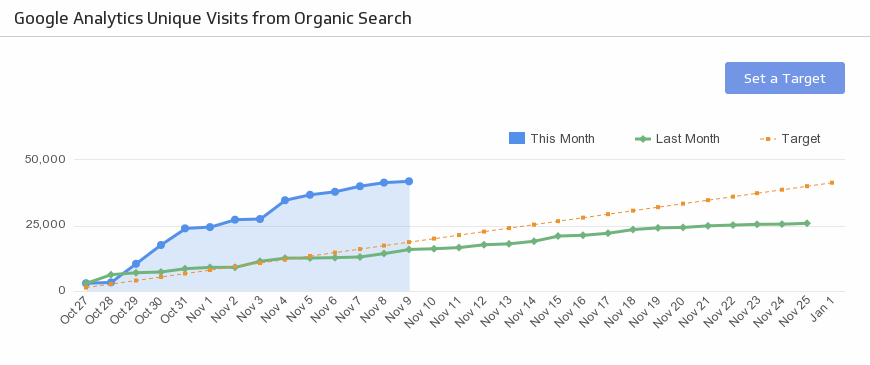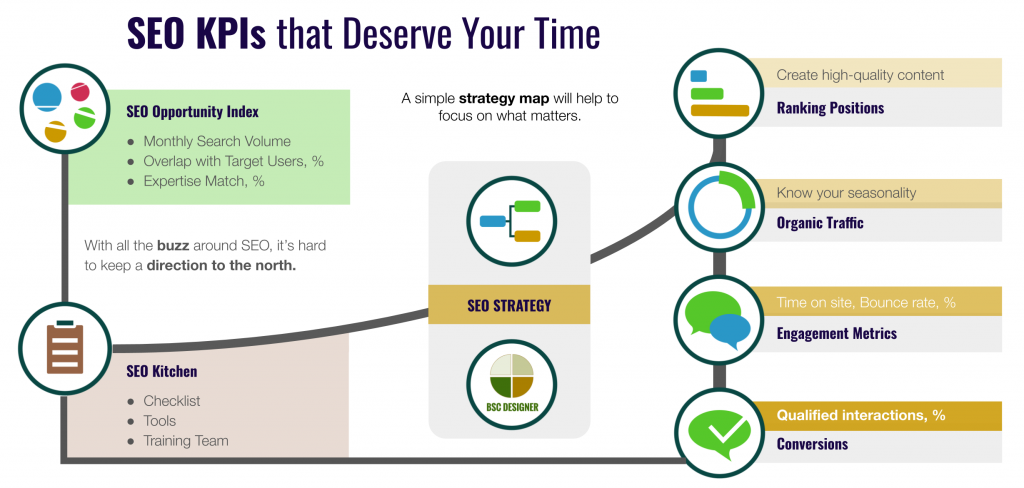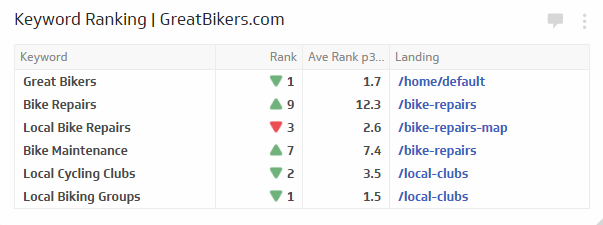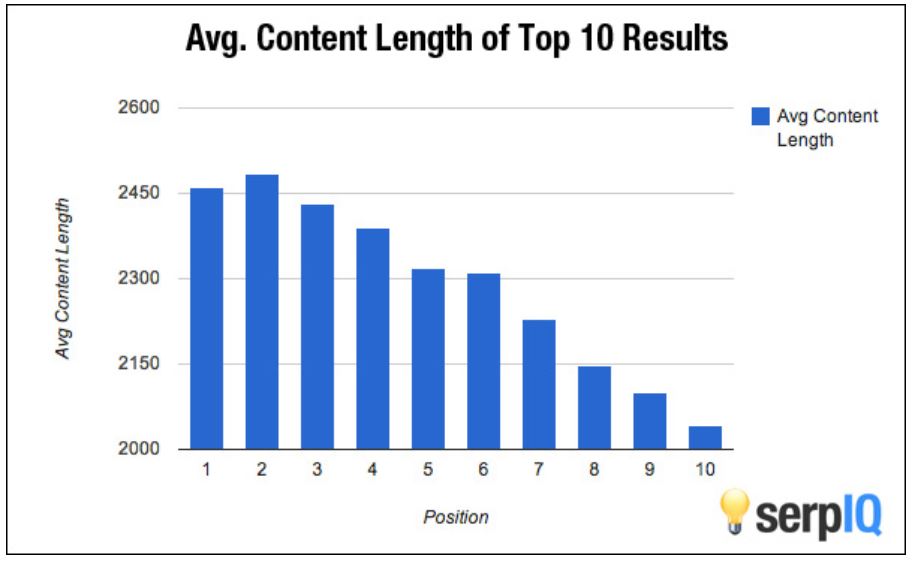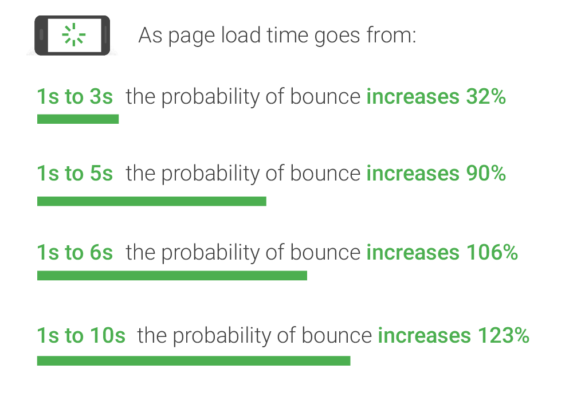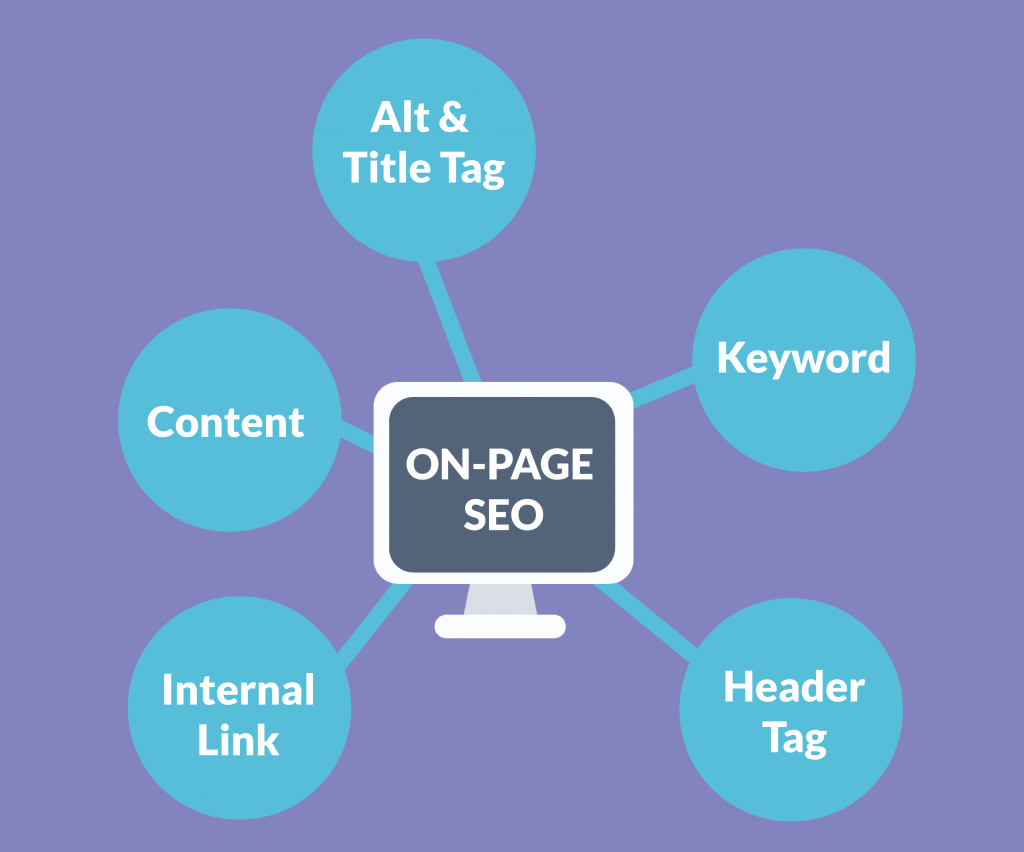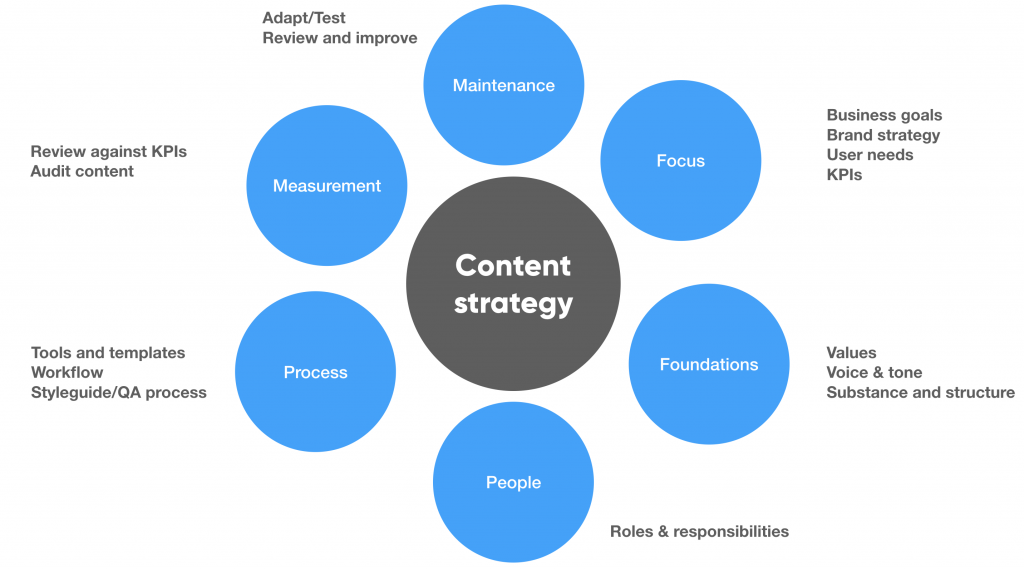You decided to run an SEO campaign. Now what? You measure it.
The great thing about SEO is it provides you with a measurable strategy. There are different SEO tools that you can use to see how your SEO strategy performance and what you can do to refine it. The question is – which metrics should you track?
When getting search engine optimization training in Hong Kong, you need to learn how you can measure your SEO efforts. Here are the metrics you need to track:
Clicks

Clicks refer to the number of times a user visited your website. If you’re using Google Search Console, this allows you to see how many traffic your website is getting. By tracking the number of clicks, you can determine which of your pages are performing and which need improving. In turn, you can refine your SEO strategy to boost performance.
Clickthrough Rate

Clickthrough rate refers to the percentage of users who clicked your page versus the number of times it was shown on search results. One of the ways you can influence this metric is through the title and descriptions of your pages when appearing on search.
Conversions

Conversion is the measurement to the number of times a user completed a desired goal. This can be clicks on a call to action, an email subscription, or an appointment schedule. By tracking your conversions, you can determine if your initiatives have business impact.
Every strategy should be measurable. Otherwise, you don’t know if you’re paying attention to the right efforts. If you want to learn more about SEO metrics, talk to our expert.






